The Difference Between Beer And Whisky - The Cask Connoisseur
4.8 (611) In stock
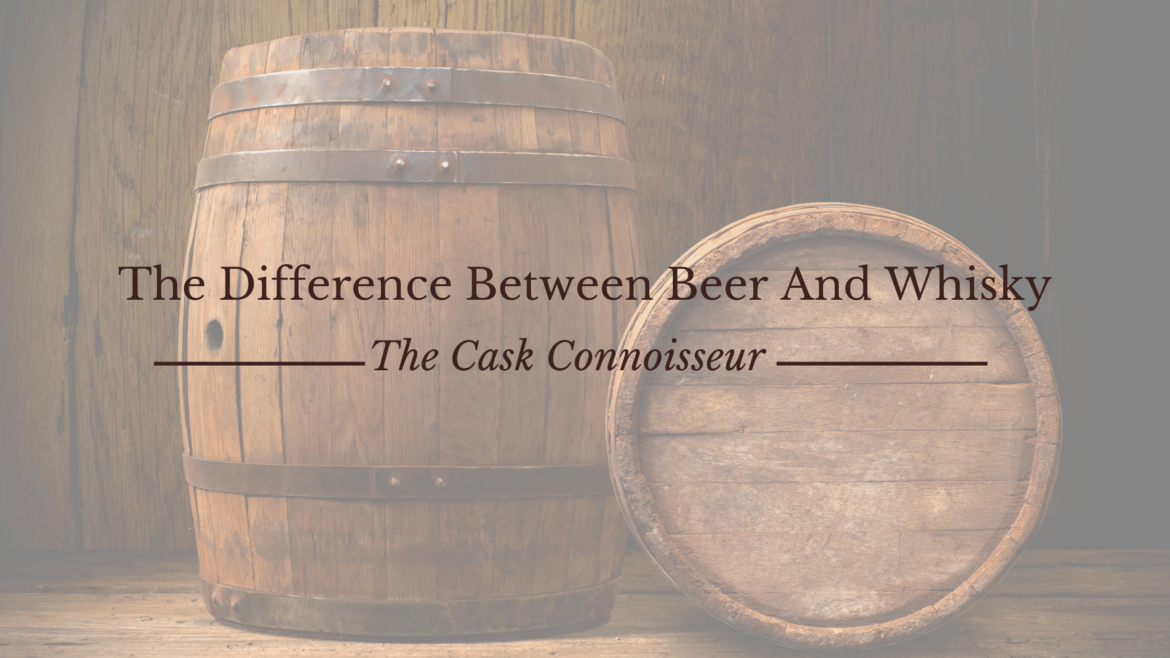
Beer and whisky are two of the most popular alcoholic beverages in the world. While they are both made from grains, there are significant differences in the ingredients, production processes, and flavour profiles of these two beverages. Ingredients: Beer is typically made from four primary ingredients: water, malted barley, hops, and yeast. Other ingredients, such as wheat, oats, and rye, may also be used. The malted barley is first soaked in water to begin the germination process, which releases enzymes that convert the starches in the grain into sugars. These sugars are then extracted and boiled with hops to add flavour and bitterness to the beer. Yeast is then added to the mixture, which ferments the sugars and produces alcohol. Whisky, on the other hand, is made primarily from grains, such as barley, corn, rye, or wheat. The grains are first soaked in water and then spread out to germinate, a process known as malting. The malted grains are then dried and ground into a fine powder called grist, which is mixed with hot water to create a sugary liquid known as wort. Yeast is then added to the wort, which ferments the sugars and produces alcohol. The mixture is then distilled to increase the alcohol content and create the unique flavours and aromas of the whisky. Production Processes: Beer is typically brewed in large batches using a process known as brewing. The malted barley is first soaked in water to begin the germination process, which releases enzymes that convert the starches in the grain into sugars. These sugars are then extracted and boiled with hops to add flavour and bitterness to the beer. Yeast is then added to the mixture, which ferments the sugars and produces alcohol. The beer is then aged and carbonated before being packaged and shipped to stores. Whisky is made through a process known as distillation. The malted grains are first soaked in water to begin the germination process, which releases enzymes that convert the starches in the grain into sugars. These sugars are then extracted and boiled with hops to add flavour and bitterness to the beer. Yeast is then added to the mixture, which ferments the sugars and produces alcohol. The resulting liquid, known as wash, is then distilled in copper pot stills to create the unique flavours and aromas of the whisky. The whisky is then aged in oak barrels to develop its distinct flavour profile. Flavour Profiles: Beer comes in a wide variety of flavours and styles, depending on the type of malted barley and hops used in the brewing process. Some beers are light and crisp, while others are dark and full-bodied. Beers can also have a wide range of bitterness levels and alcohol contents. Whisky, on the other hand, is known for its complex and nuanced flavour profile. The type of grains used, the distillation process, and the ageing process all play a role in determining the final flavour of the whisky. Whiskies can range from light and fruity to rich and smoky, with notes of caramel, vanilla, and spice. While both beer and whisky are made from grains and are alcoholic beverages, there are significant differences in their ingredients, production processes, and flavour profiles. Beer is brewed in large batches using a process known as brewing, while whisky is made through a process known as distillation. The flavour profile of beer can vary widely depending on the type of malted barley and hops used, while whisky is known for its complex and nuanced flavour profile, which is influenced by the grains used, the distillation process, and the ageing process.
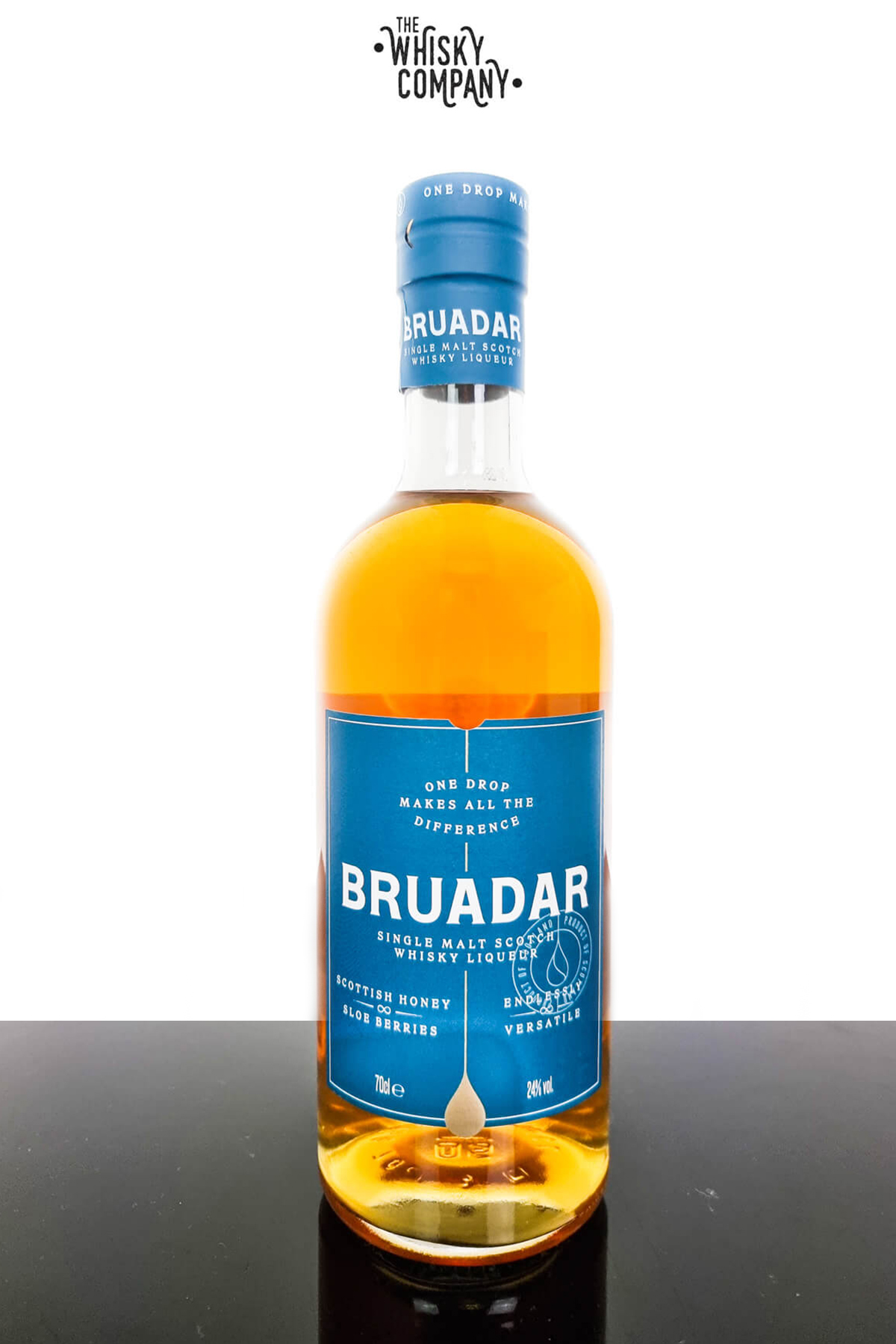
Bruadar Scottish Malt Whisky Liqueur

Cask Masters Whisky

1 Liter Kentucky Bourbon Whiskey Making Kit – Make & Age Spirits in a Oak Cask - Keg Aged Whisky Rum Wine Beer Gin – Oak Barrel Bootleg Kit : Home & Kitchen
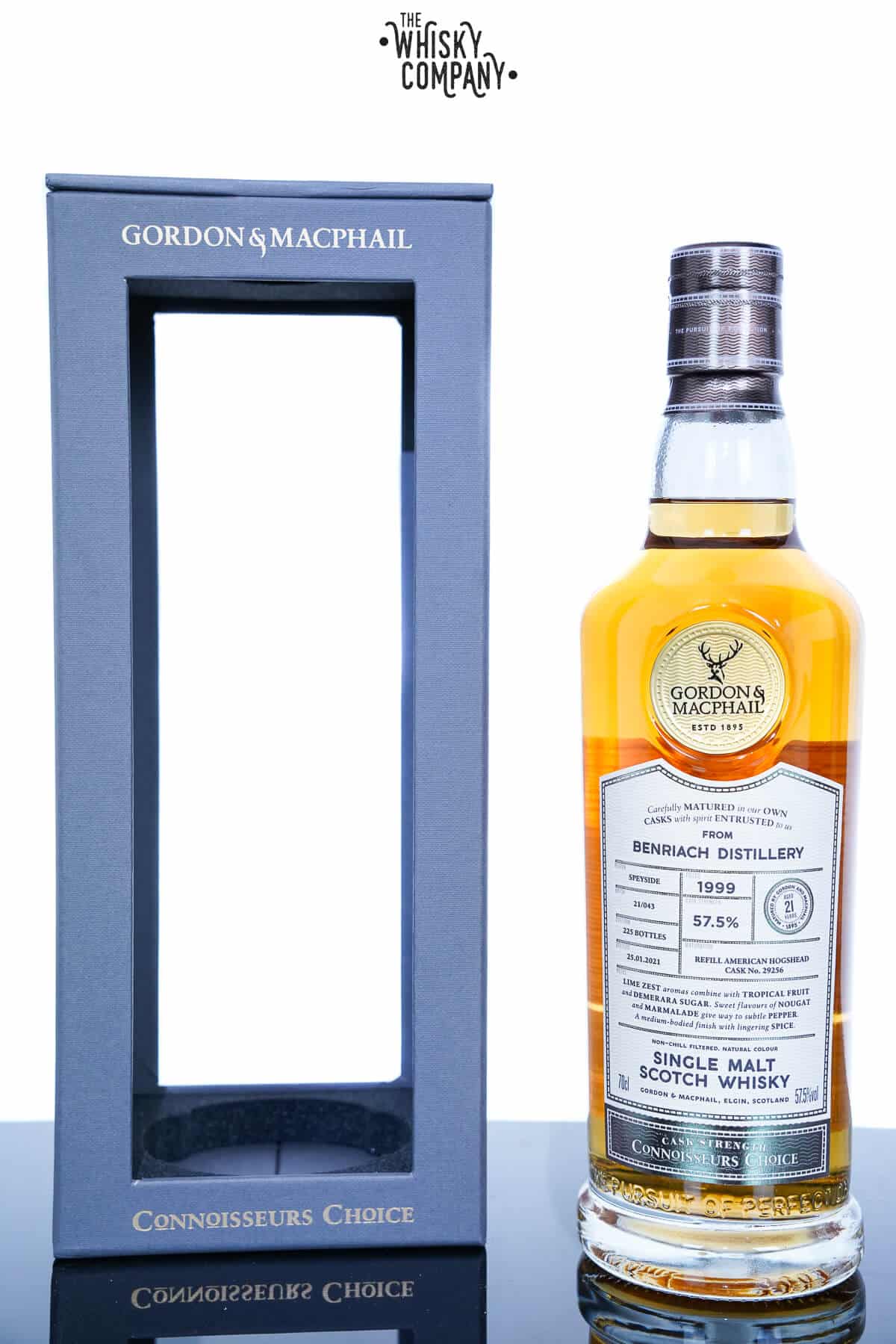
Gordon & MacPhail, The Whisky Company

Connoisseurs Choice
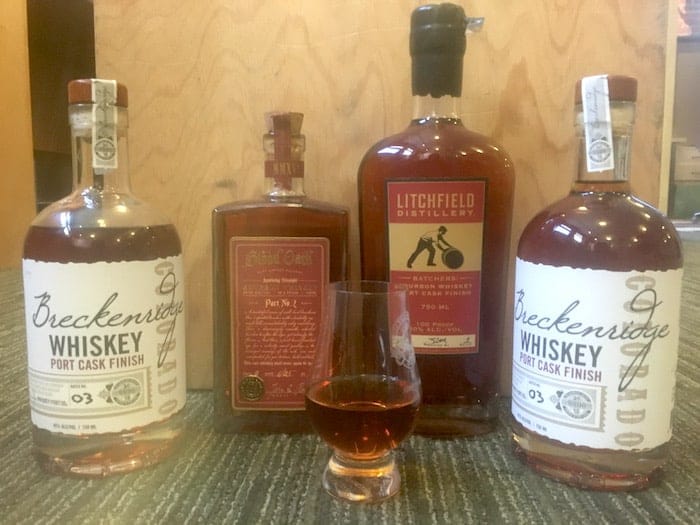
Whiskey for Wine Drinkers - The Whiskey Wash
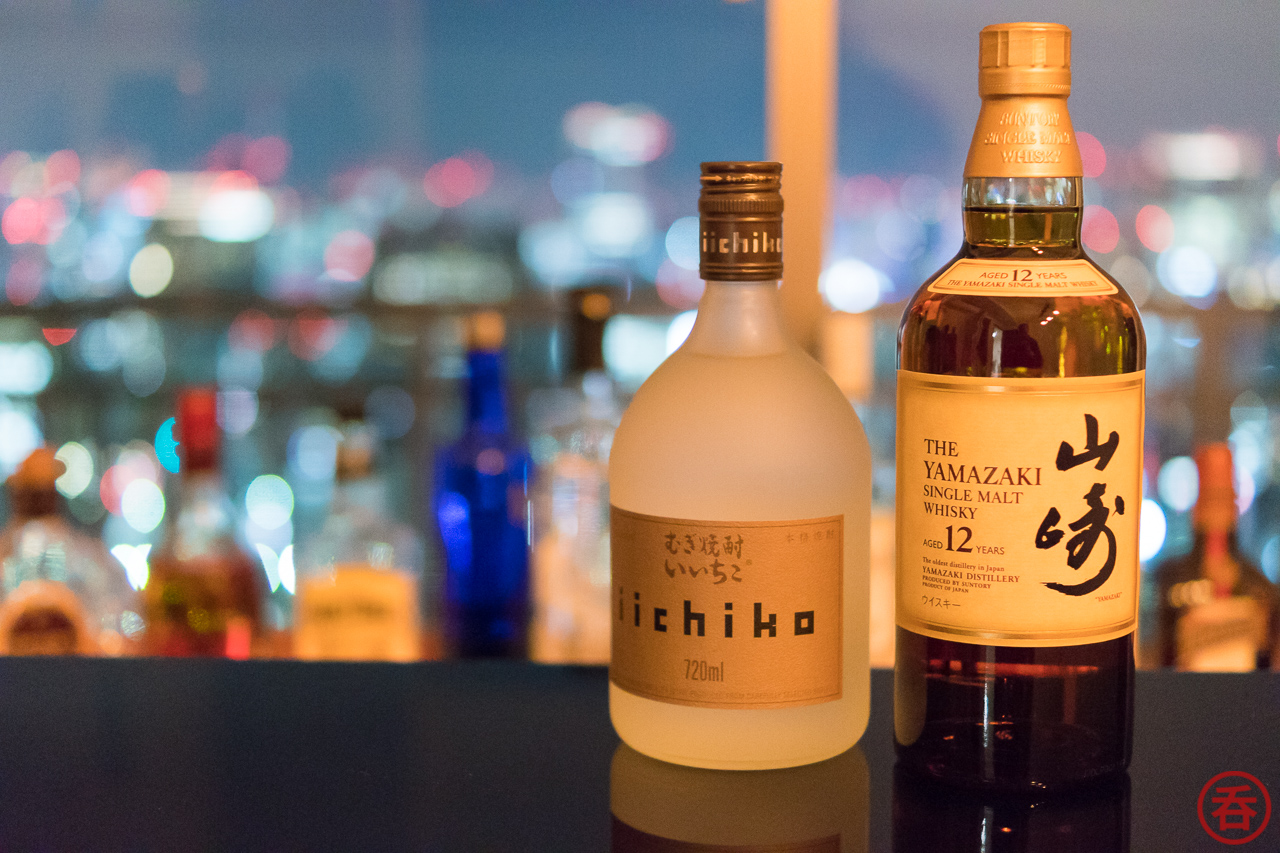
What's the difference between barley shochu and malt whisky? - Nomunication
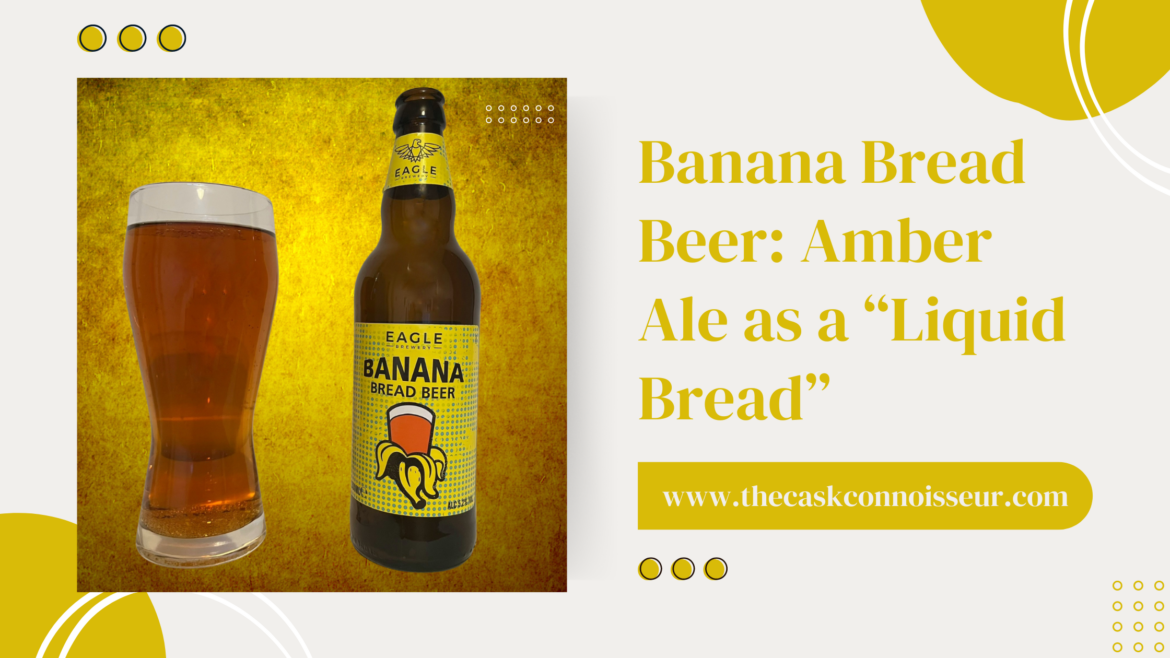
Banana Bread Beer: Amber Ale as a “Liquid Bread” - The Cask Connoisseur
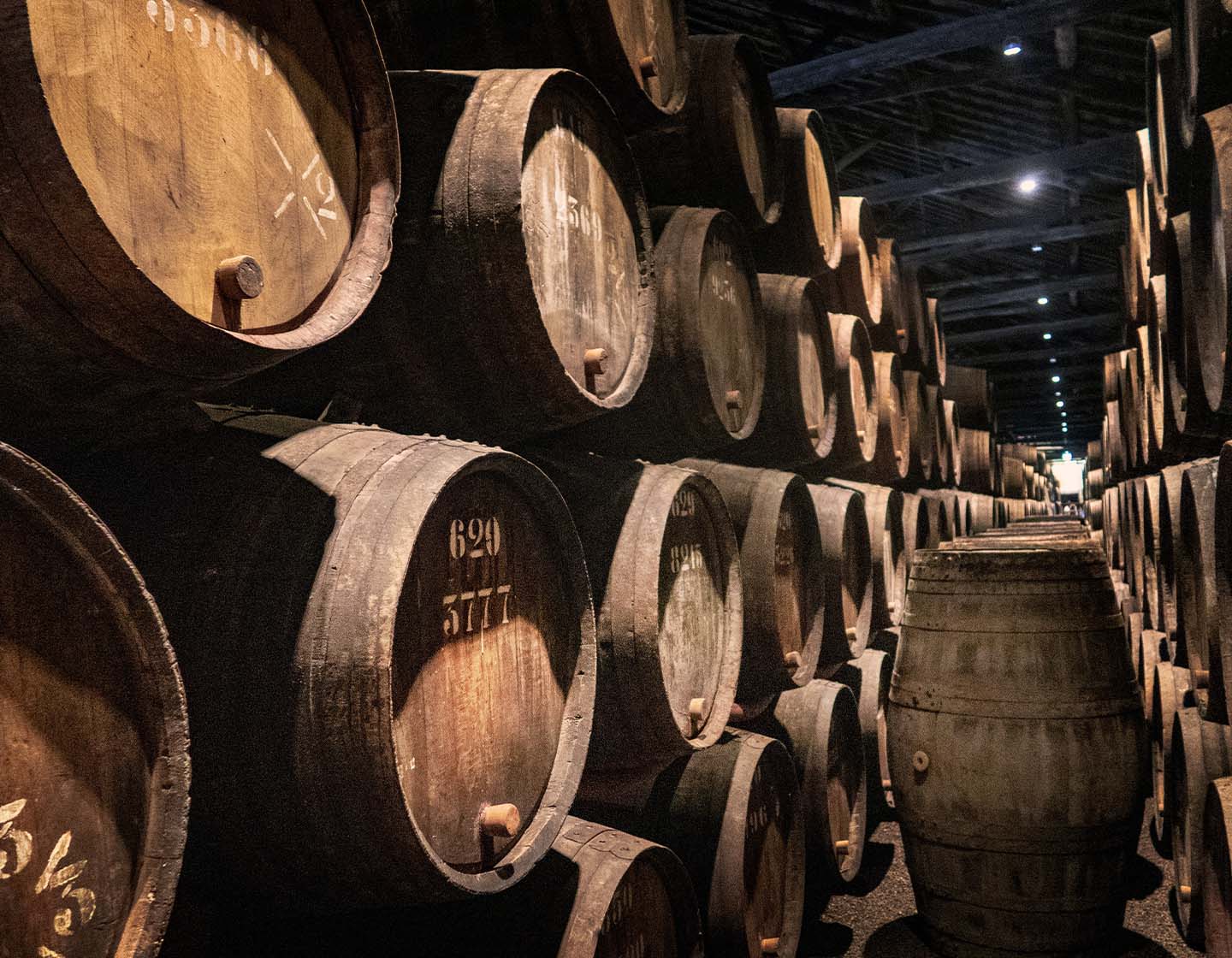
The Types and Role of Whisky Casks

Difference Between Whisky and Scotch: A Clear Guide for Connoisseurs - Articles Factory
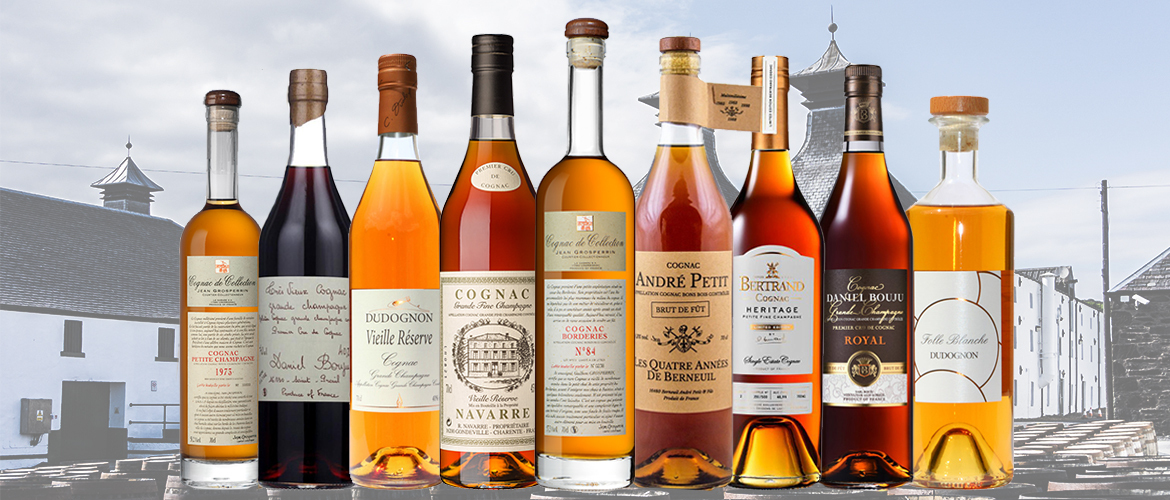
Cognac vs Whisky: 14 Best Alternatives to Whisky - Cognac Expert Blog

Beer Review: Innis & Gunn Rum Cask Oak Aged Beer

Connoisseur Corner - how to drink whisky? - FormAdore

Difference Between Whisky and Scotch: A Clear Guide for Connoisseurs - Articles Factory
What's the Difference Between To and Too?
TO vs. FOR: Difference between To vs For (with Useful Examples)
What is the difference between CDD and EDD? - Alice Biometrics
 Black Silk Long Line Waist-Training Corset – Lauren St Laurent
Black Silk Long Line Waist-Training Corset – Lauren St Laurent How To Do Leg Extensions With Perfect Technique (Grow Every Quad Head)
How To Do Leg Extensions With Perfect Technique (Grow Every Quad Head) Buy VS Archives Rose Lace Bra Top - Order Bras online 1123120300 - Victoria's Secret US
Buy VS Archives Rose Lace Bra Top - Order Bras online 1123120300 - Victoria's Secret US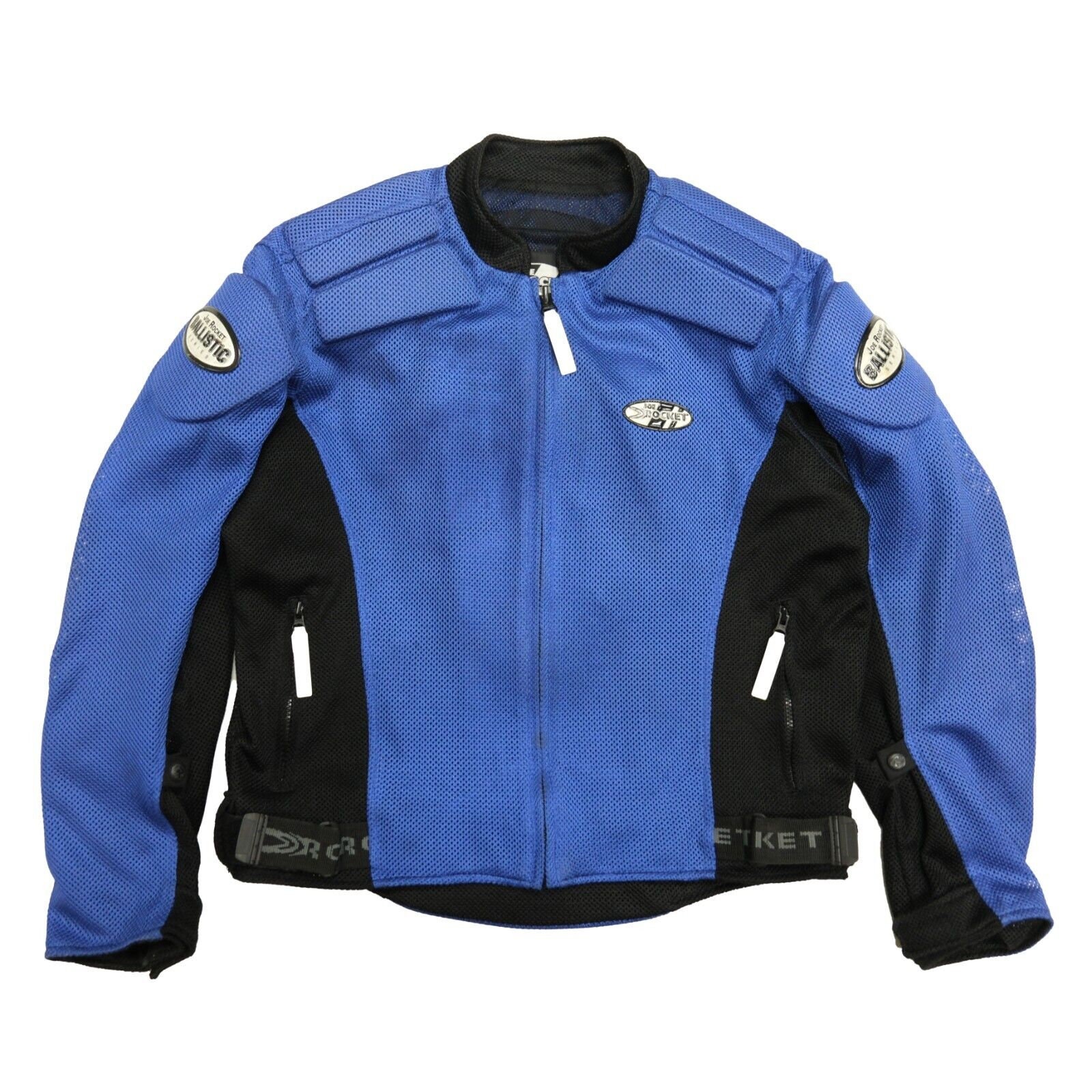 Vintage Joe Rocket Ballistic Motorcycle Jacket Size Large Blue Touring
Vintage Joe Rocket Ballistic Motorcycle Jacket Size Large Blue Touring PAZ WEAN C Section Recovery Belt Post Partum Waist Trainer for Women C- Section Recovery Belly Band Post Delivery Belly Band Pink price in UAE, UAE
PAZ WEAN C Section Recovery Belt Post Partum Waist Trainer for Women C- Section Recovery Belly Band Post Delivery Belly Band Pink price in UAE, UAE Chantelle 16M1 Norah Chic Flex Fit Unlined Underwire Bra - Allure
Chantelle 16M1 Norah Chic Flex Fit Unlined Underwire Bra - Allure